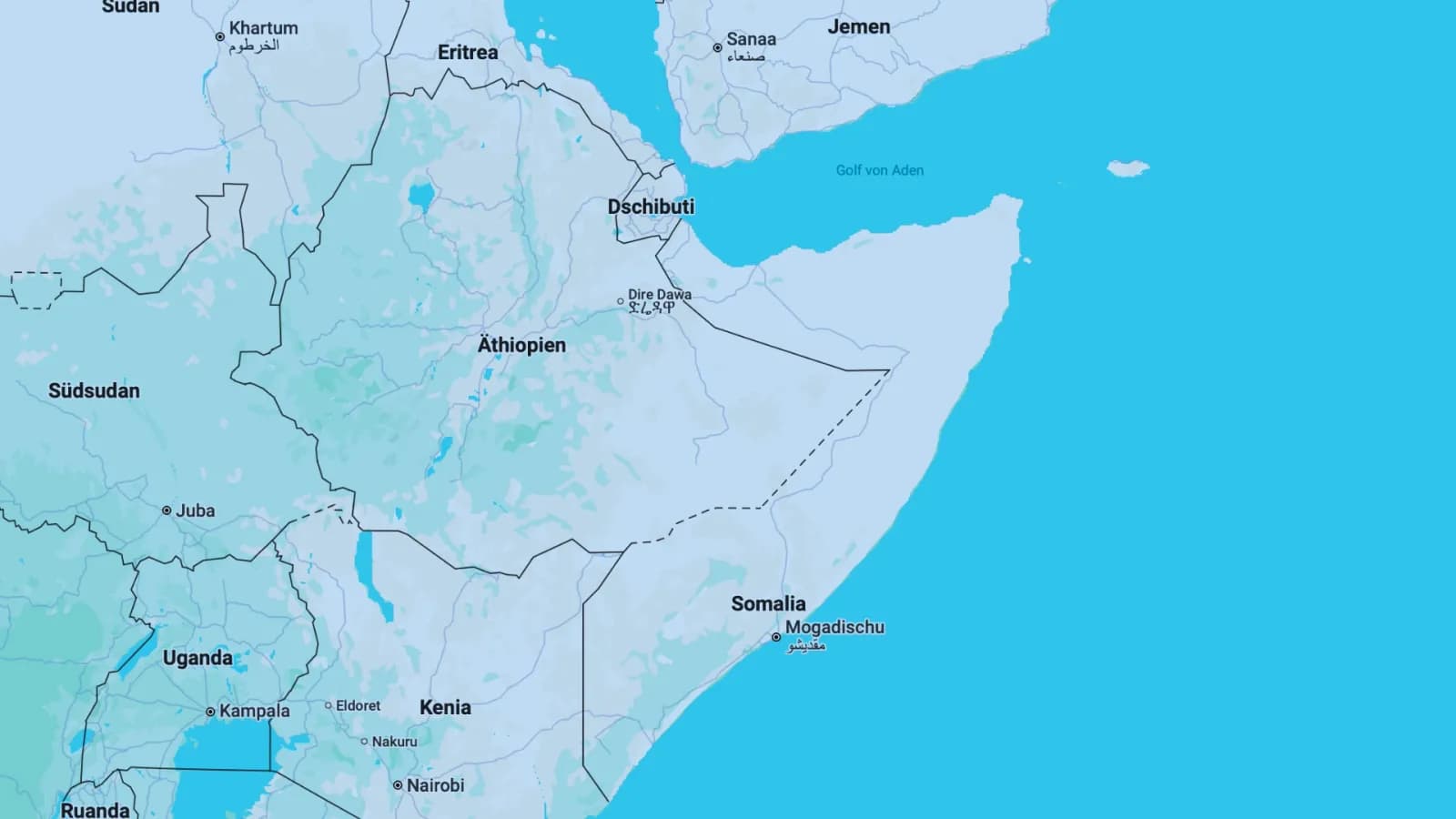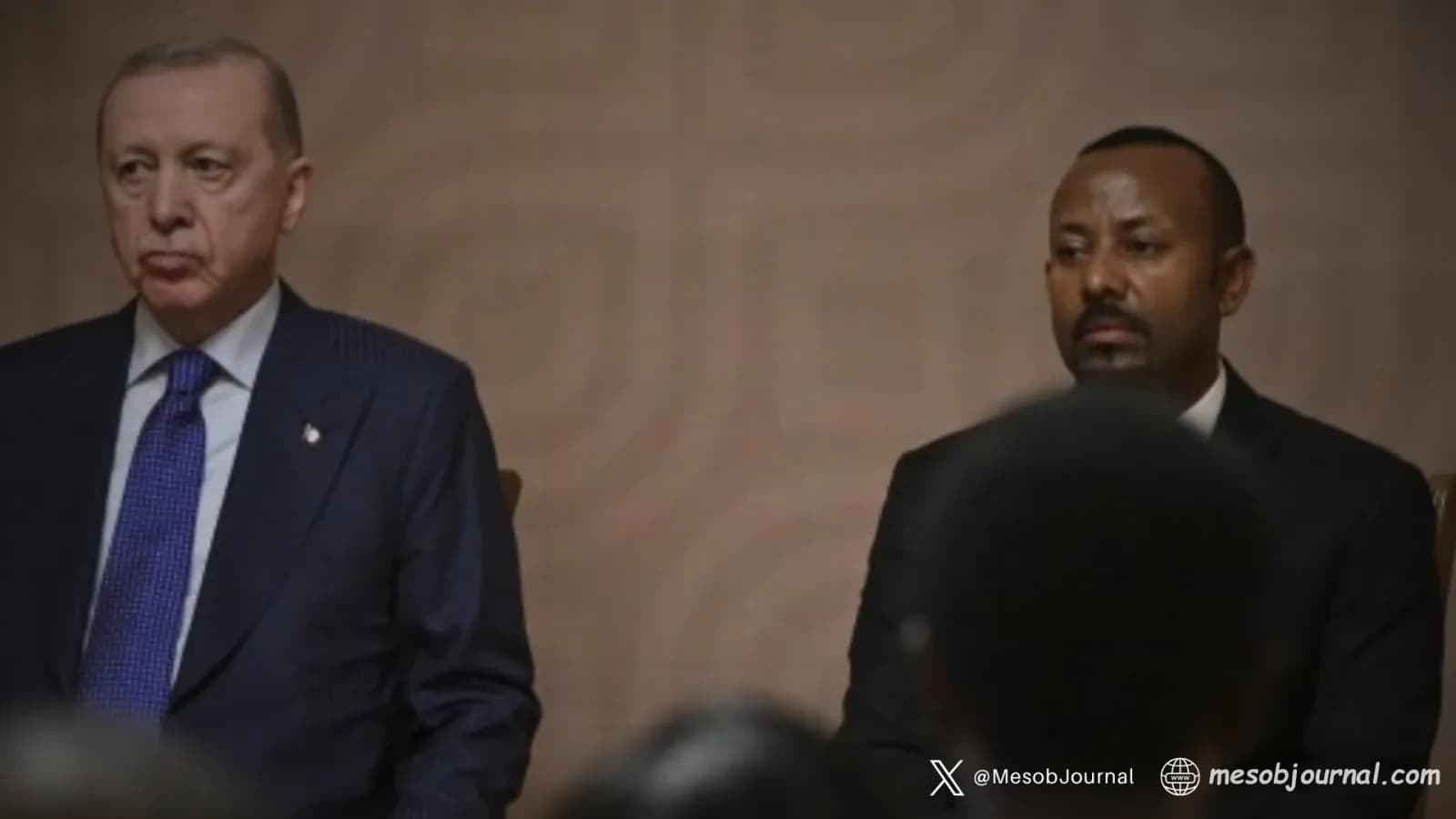Illegal Moves Against Somalia: The Geopolitical Struggle Over Somaliland

Somalia occupies a unique place in Africa. Unlike many other nations on the continent, where multiple ethnicities, languages, and religions coexist, Somalia is defined by striking cultural unity: one language (Somali), one ethnicity, and a predominantly Muslim population. Yet this cohesion did not shield it from colonial manipulation. Instead, foreign powers exploited Somalia’s internal clan-based system—the qabil—as a lever to weaken the nation from within.
The qabil system, which organizes Somali society into major clan families such as Darod, Hawiye, Isaaq, Rahanweyn, and Dir, has long been a source of both strength and division. It shapes identity, power, and social relations, but under colonial rule it became a fault line to be exploited. Where cultural unity made “divide and conquer” difficult, clan rivalries provided an opening.
Foreign Interference and Somalia’s Collapse
In the decades after independence, Somalia became entangled in regional and international power struggles. Western powers, along with neighboring states such as Ethiopia and Djibouti, were often accused of fueling instability rather than supporting recovery.
Ethiopia in particular played a decisive role. Its 2006 invasion of Somalia—framed as a fight against terrorism—paved the way for extremist groups like Al-Shabaab to flourish. Instead of securing peace, it deepened Somalia’s crises.
Meanwhile, countries that sought to strengthen Somali sovereignty were punished. Eritrea, for example, was sanctioned on the accusation that it supported Al-Shabaab—claims later proven baseless. The sanctions were less about countering terrorism than about curbing Eritrea’s influence in Somalia’s fragile reconciliation process.
Somaliland: A New Geopolitical Flashpoint
Today, as Somalia rebuilds and reasserts its sovereignty, fresh challenges are emerging. Chief among them is the question of Somaliland, the northern region that has declared itself independent but remains recognized internationally as part of Somalia.
Somaliland points to its colonial past under British rule and its relative stability compared to southern Somalia as grounds for independence. Yet no state or international body has recognized it as a sovereign nation.
Tensions escalated when Ethiopia recently signaled support for Somaliland’s recognition. Mogadishu condemned the move as a violation of Somalia’s sovereignty and international law. Analysts argue Ethiopia’s position is driven not by concern for Somaliland but by its own strategic interests—and by those of its key ally, the United Arab Emirates (UAE).
The UAE has steadily expanded its footprint in the Horn of Africa, from involvement in Sudan’s war to securing influence over Red Sea ports. Supporting Somaliland serves this strategy, giving Abu Dhabi and Addis Ababa leverage over trade routes and maritime chokepoints.
Broader Implications
For Somalia, losing Somaliland would strike a heavy blow to its efforts at unity. Beyond that, it would set a precedent across Africa: encouraging secessionist movements and undermining borders drawn in the post-colonial era.
Somali officials have urged the international community to reject Ethiopia’s maneuvering and to uphold Somalia’s territorial integrity. They argue that foreign recognition of Somaliland would not stabilize the Horn—it would invite deeper fragmentation.
Somalia’s message is clear: it thrives when its sovereignty is respected. After decades of war and collapse, the country is slowly regaining its footing. But progress will only hold if external actors stop exploiting its internal divisions for geopolitical gain.
A Struggle Beyond Borders
The attempt to legitimize Somaliland’s secession is not just an internal Somali issue. It reflects the broader legacy of foreign interference in Africa—where local fault lines are manipulated to serve global and regional interests.
If Somalia is to rebuild as a unified state, it will require not only resilience from within but also a firm international stance in defense of its sovereignty. Allowing illegal recognition of Somaliland would weaken Somalia and destabilize the Horn of Africa as a whole.
The struggle over Somaliland is thus more than a dispute about borders. It is a test of whether African states can resist external pressure, uphold their sovereignty, and move beyond the colonial legacy of fragmentation.
Related stories

Erdogan in Addis: sovereignty first as Abiy beats sea-access drum
Abiy Ahmed tried to stage the usual Addis photo-op when Turkey’s President Recep Tayyip Erdoğan arrived. But the camera caught something different: a stiff, guarded prime minister sitting beside a visitor who didn’t look like he came for flattery. What played out at the joint app

AU PSC: Israel’s Somaliland move “null and void”
The African Union Peace and Security Council (PSC) has issued one of its clearest sovereignty statements on Somalia in years—explicitly condemning Israel’s unilateral recognition of the “so-called Republic of Somaliland,” demanding it be revoked, and warning that no actor has the

Abiy Ahmed’s Strategic Isolation Is Now in Writing
What Addis Ababa has spent two years denying is now staring it in the face—on White House letterhead. The January 16 letter from Donald Trump to Abdel Fattah el-Sisi isn’t just about mediation. It’s a signal. Clear, deliberate, and consequential. Washington is aligning itself

Israeli Recognition of Somaliland
A Regional Security Threat and Potential for Destabilisation of the Horn of Africa, the Red Sea and the Gulf of Aden Regions and Redrawing the Map of the Horn of Africa On December 26, 2025, the State of Israel announced its formal recognition of the Republic of Somaliland as an

